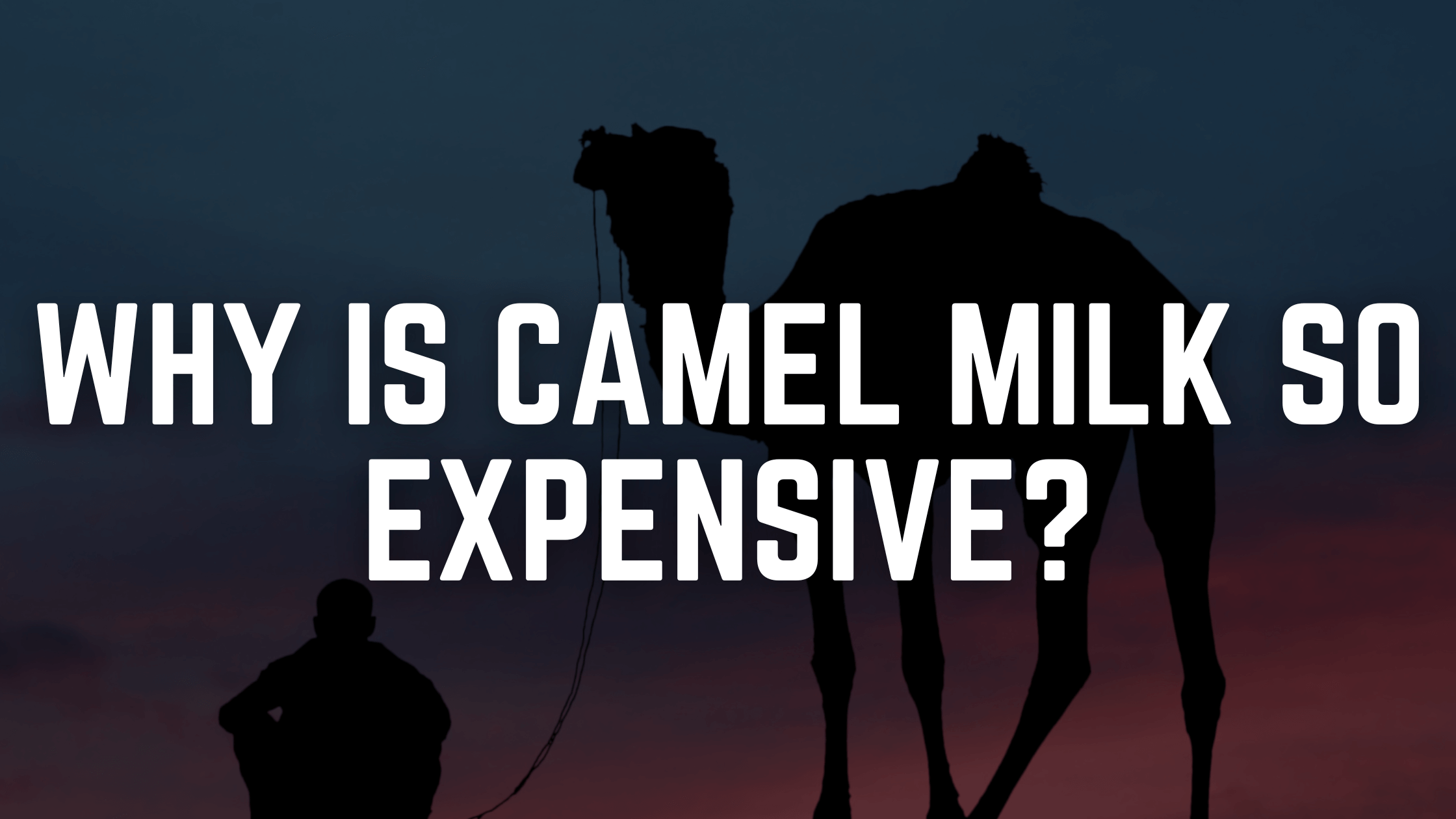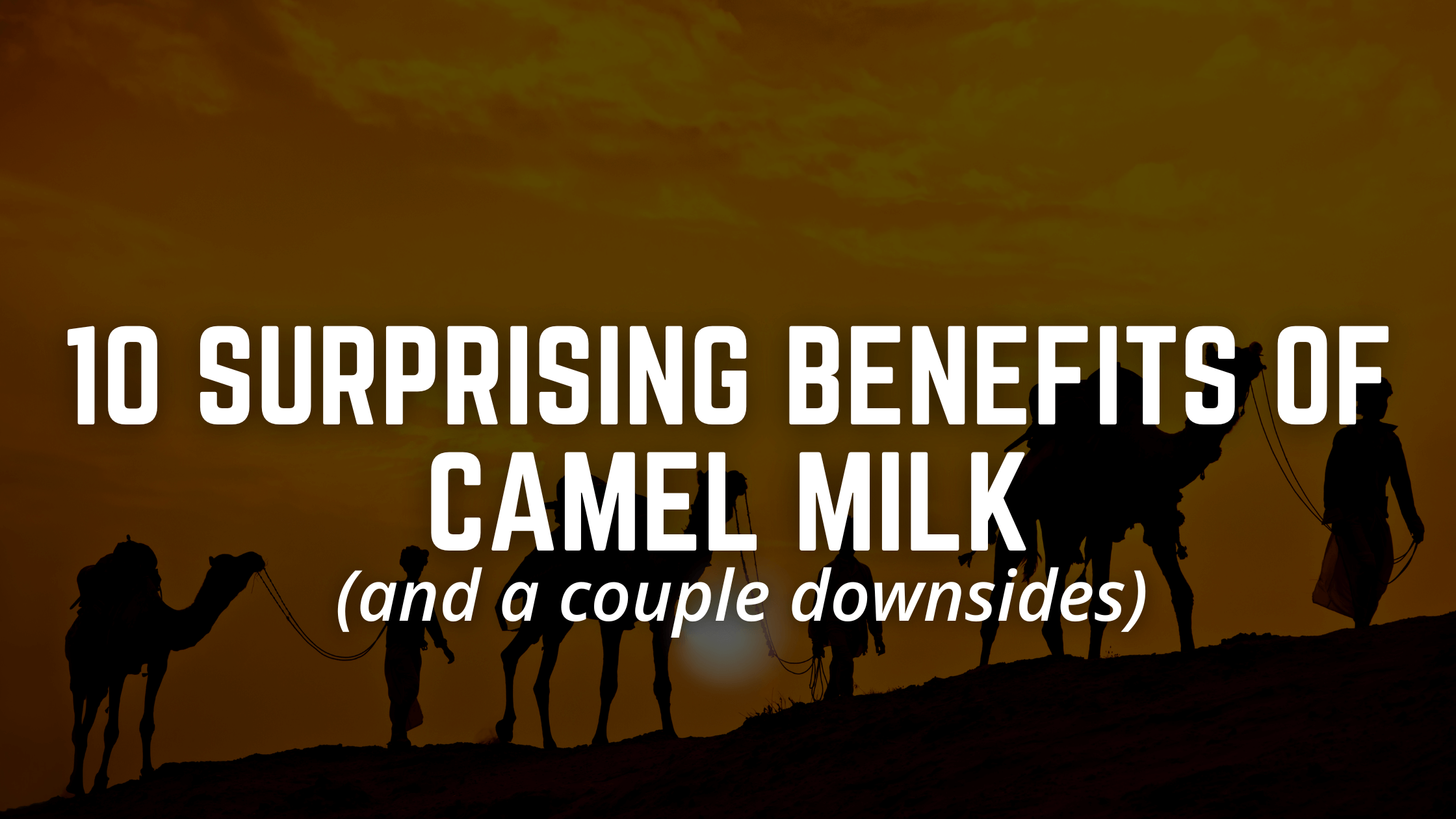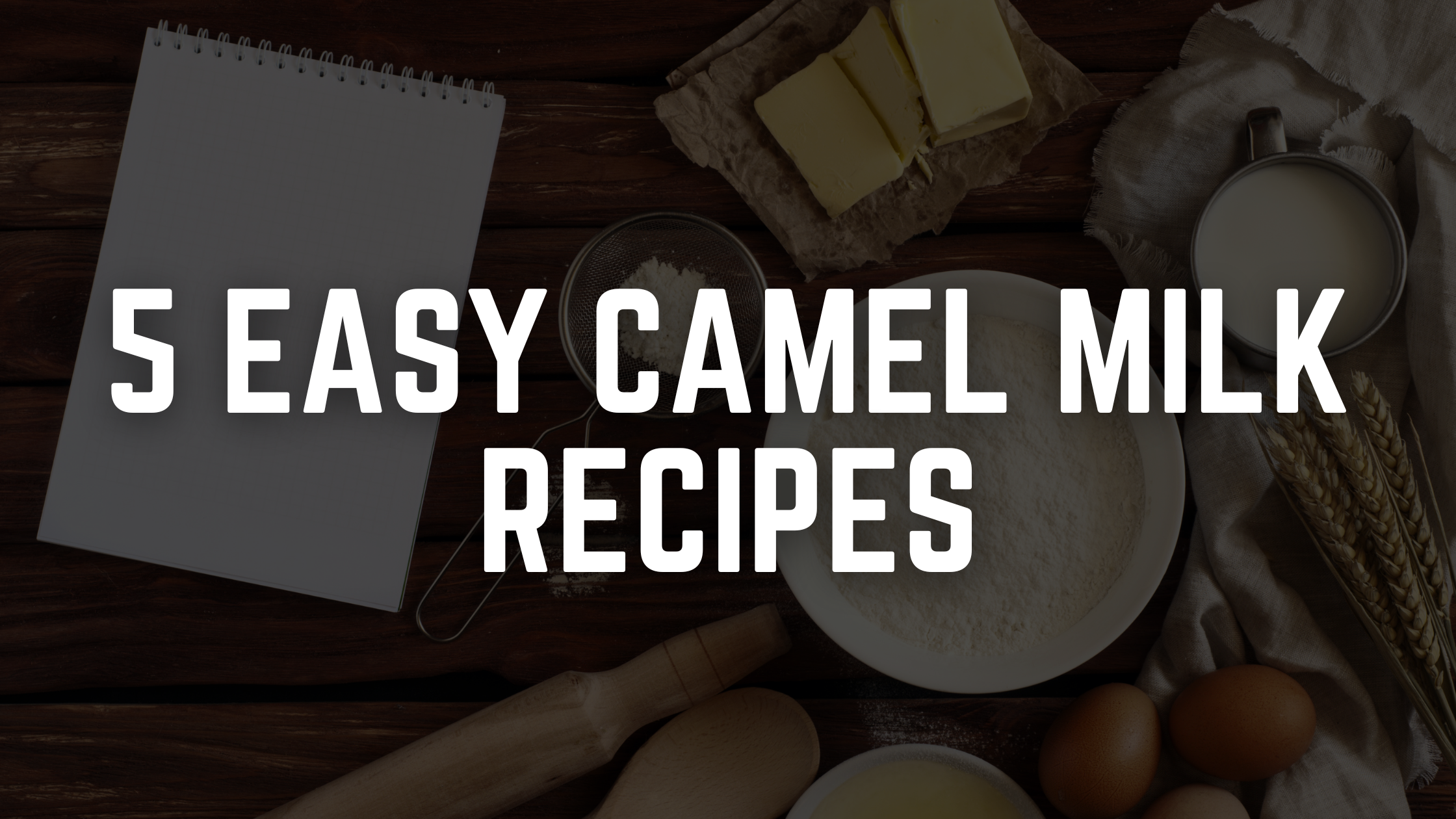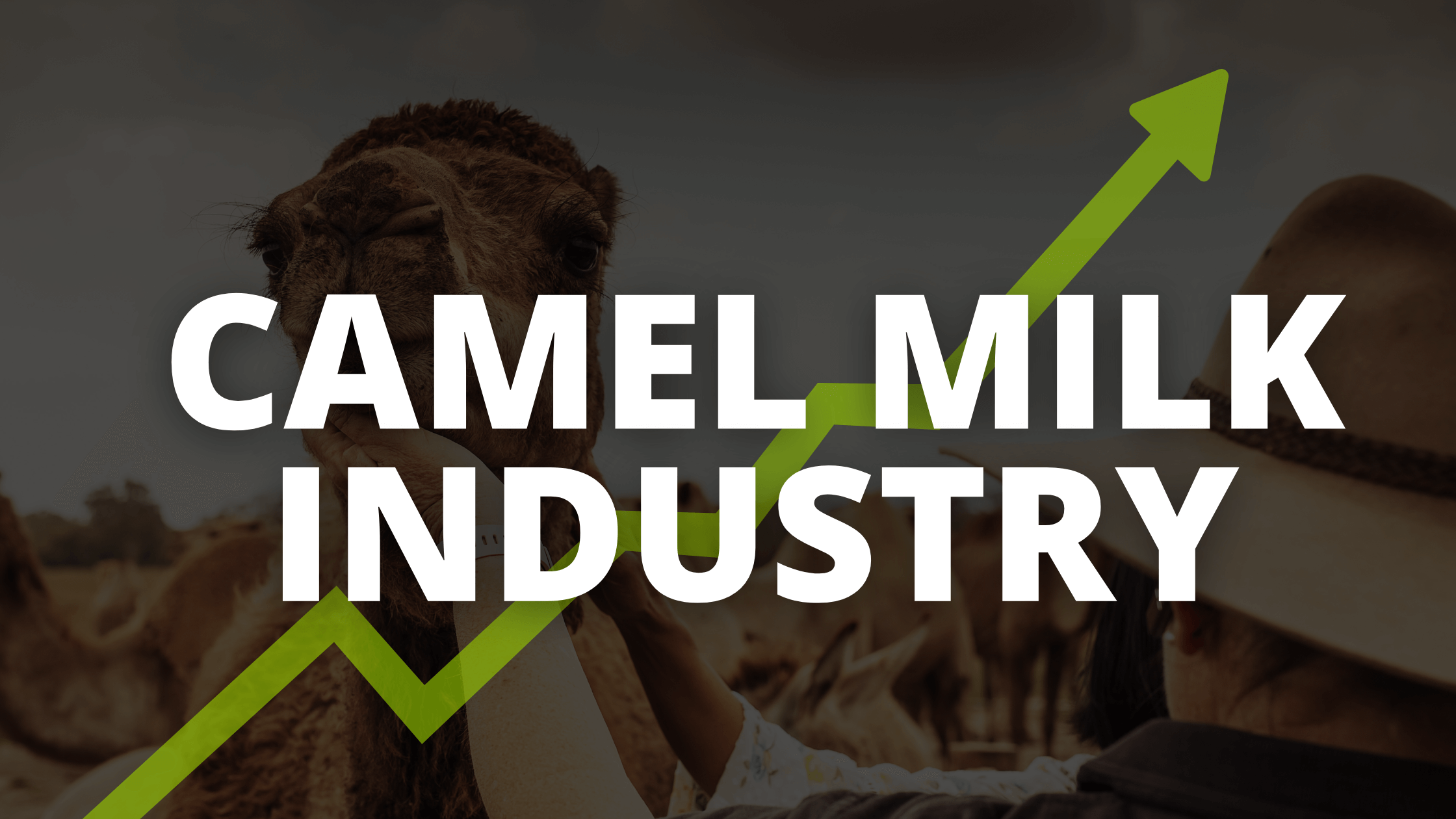Table of Contents
Why Is Camel Milk So Expensive?
One of the most common questions we hear at Juba Farms is: "Why is camel milk so expensive?" It’s a valid question, especially when comparing it to traditional dairy products. The answer lies in a combination of factors, including the limited camel population, the complexities of production, and the unique nutritional benefits of this remarkable superfood. Let’s explore the reasons behind its premium price.
1. Limited Camel Population
The scarcity of camels in the U.S. plays a significant role in the cost of camel milk. There are fewer than 1,000 dairy camels across the country, compared to over 9 million dairy cows. To put this in perspective, that’s roughly one camel for every 11,250 cows. With such a limited supply, meeting the growing demand for camel milk is a significant challenge, naturally driving up its price.
You might wonder, "Why not import more camels to increase the supply?" While this seems like a straightforward solution, the reality is far more complicated. The U.S. government only permits camel imports from two countries: Canada and Australia. Canada is not a viable option due to its limited camel population. Australia, however, has a surplus of camels, to the extent that they are considered an invasive species. In fact, authorities there employ extreme measures like culling camels from helicopters to manage their numbers.
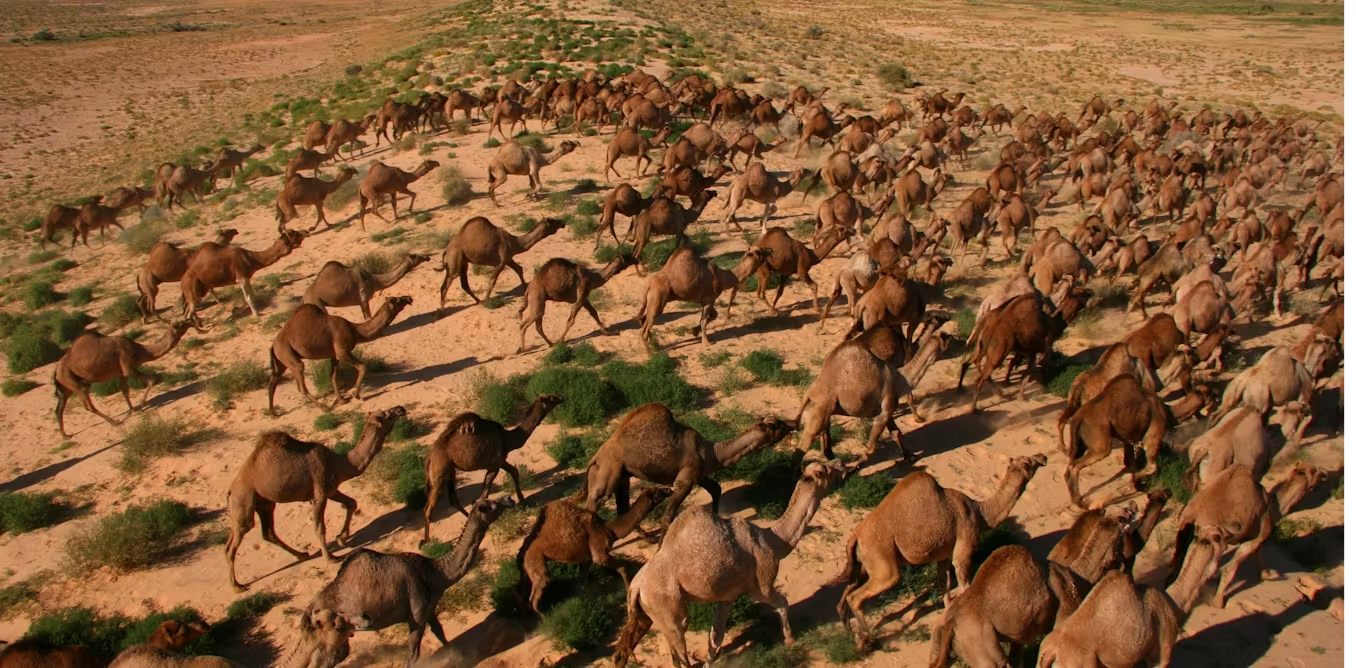 Feral camels in Austrailia
Feral camels in AustrailiaDespite this surplus, importing camels into the U.S. is a complex and expensive process. The animals must come from established farms with proper health certifications. Then there’s the logistical challenge of transportation—imagine finding an airline willing to carry a plane full of camels! Once they arrive, the camels must undergo a 30-day quarantine at a government facility to ensure they meet all health regulations. Add in the necessary permits, tariffs, and duties, and the cost of importing camels quickly escalates into the millions. These hurdles significantly limit the expansion of the camel population in the U.S., directly impacting the availability and cost of camel milk.
2. Low Milk Production
Even with more camels, their milk production is far lower than that of cows, making camel milk a rarer commodity. A typical dairy cow produces 6 to 9 gallons of milk daily, while camels yield only 3 to 4 gallons on average—about half as much. This lower output naturally leads to a smaller supply of camel milk, contributing to its higher price.
Camels are also more challenging to milk compared to cows. A mother camel will not release her milk unless her calf drinks first, as the nursing process triggers milk flow. Even after the calf has fed, camels instinctively reserve some milk for their young, ensuring the calf’s continued nourishment. This built-in safeguard limits how much milk can be collected. At Juba Farms, we respect this natural process, ensuring that the calves are fully fed before collecting any milk for our customers.
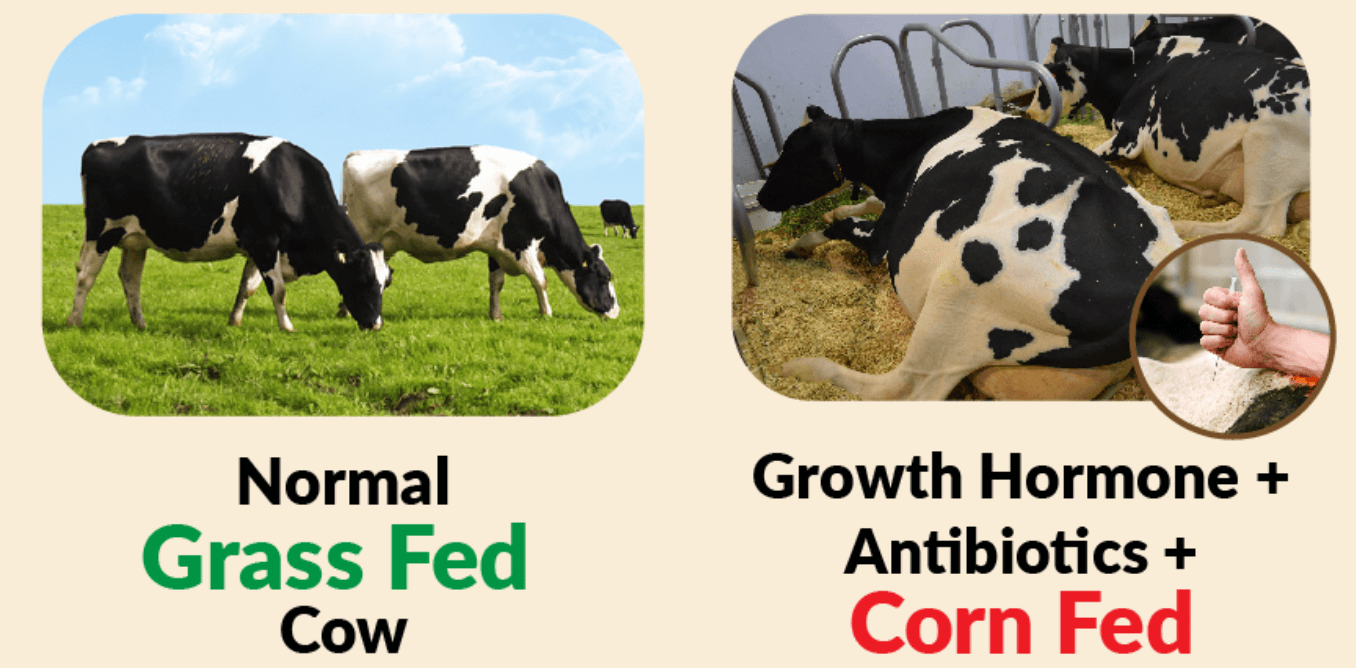
Additionally, many large-scale dairy farms use hormones like recombinant bovine somatotropin (rBST) to increase milk production in cows. At Juba Farms, we never use artificial hormones or methods to boost production. Our commitment to hormone-free, natural practices ensures the highest quality camel milk but also results in lower yields, further influencing its price.
3. Unique Benefits of Camel Milk
Given its scarcity and the challenges of production, why is it worth the investment? The answer lies in it's nutritional profile and health benefits, which set it apart from other dairy options.
- Rich in Nutrients: It's packed with essential vitamins and minerals, including vitamin C, B vitamins, calcium, and potassium. These nutrients support overall health and wellness, making it a true superfood.
- Easier to Digest: For individuals with sensitive stomachs or lactose intolerance, camel milk offers a gentler alternative. Its unique protein structure makes it easier to digest than cow’s milk.
- Lower in Fat: Naturally lower in fat than traditional dairy, camel milk is an excellent choice for those looking to maintain a balanced diet without sacrificing nutrition.
- Supports Immunity: It contains compounds like lactoferrin, which help bolster the body’s natural defenses, offering more than just a refreshing drink.
- A Legacy of Wellness: Consumed for centuries by nomadic cultures, camel milk has sustained people in some of the world’s harshest environments. Its long history of providing nourishment underscores its value as a time-tested dietary staple.
These unique qualities make this superfood more than just a beverage—it’s a functional food that fits seamlessly into modern health-conscious lifestyles.
4. The Juba Farms Difference
At Juba Farms, we’re committed to making camel milk as accessible as possible without compromising quality. Our milk is 100% pure, hormone-free, and produced with the highest standards of care. Despite the challenges and costs associated with production, we’ve managed to keep our prices approximately 30% lower than those of our competitors.
We continually explore innovative ways to streamline our processes while maintaining our commitment to camel welfare and product quality. For us, it isn’t just a product—it’s a passion. Every bottle represents our dedication to bringing you the best possible option, delivered with integrity and respect for both the animals and the environment.
When you choose Juba Farms, you’re not just purchasing milk—you’re supporting a brand that values transparency, sustainability, and customer satisfaction.
5. Why the Cost Is Worth It
While the milk may come with a higher price tag, the value it offers is unmatched. It’s not just about what’s inside the bottle—it’s about what it represents. By choosing this milk, you’re investing in a product that has been cherished for centuries for its nutritional benefits and health-promoting properties.
This unique dairy option is a powerful addition to any diet, offering everything from digestive ease to immune support. Whether you’re seeking a healthier alternative, looking to explore new dietary options, or simply curious about the benefits of this ancient superfood, camel milk delivers exceptional quality and results.
Conclusion
The high cost of camel milk is the result of several factors, including the rarity of camels, their low milk yield, and the meticulous care involved in production. These challenges, combined with its exceptional nutritional benefits, make it a premium product, but one that is worth every penny.
At Juba Farms, we take pride in offering this unique superfood that is not only pure and natural but also competitively priced. By choosing Juba Farms, you’re supporting a commitment to quality, sustainability, and ethical practices. Experience the difference for yourself and discover why camel milk is truly a one-of-a-kind superfood.




